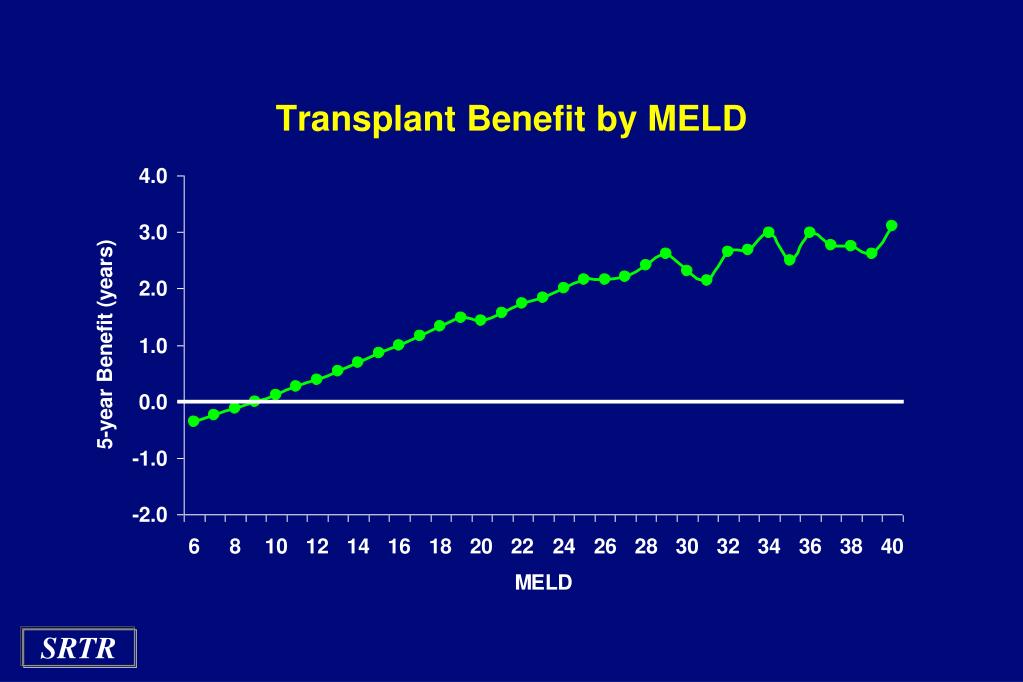

The PELD (Pediatric End-Stage Liver Disease) score is similar to the MELD score, with a few key differences. Therefore, the most appropriate system to support patient selection for transplantation will be one that combines a pretransplant survival model (e.g., MELD score) with a properly developed post-transplant survival model. Patients with a MELD score of 11-18 will have their score recalculated every 30 days, patients with a MELD score <10 will have their score recalculated ever year. These results are in agreement with results found in the United States. In conclusion, in the UK and Ireland the MELD score is significantly associated with post-transplant survival, but its predictive ability is poor. Re-estimating the coefficients in the MELD regression model, even allowing for nonlinear relationships, did not improve its discriminatory ability. As a consequence, the ability of the MELD score to discriminate between patients who were dead or alive was poor (c-statistic 0.58). Therefore, only those patients with a MELD score of 36 or higher (3% of the patients) had a survival that was markedly lower than the rest. Rodrigo Vianna: Above 15: Usually to be included on the list it has to be above 15. The 90-day survival varied according to the United Network for Organ Sharing MELD categories (92.6%, 91.9%, 89.7%, 89.7%, and 70.8%, respectively P < 0.01). 'what does someone's meld score have to be in order to qualify for a liver transplant' Answered by Dr. The overall survival at 90-days was 90.2%.

We studied survival of 3838 adult patients after first elective liver transplantation according to United Network for Organ Sharing categories of their MELD scores ( or =36). The UK and Ireland Liver Transplant Audit has data on all liver transplants since 1994. The average MELD score for liver transplant patients in California varies from 26-33, depending on blood type. Our aim was to evaluate how accurately the MELD score predicts 90-day post-transplant survival in adult patients with chronic liver disease in the UK and Ireland. Four recent studies carried out in the United States have demonstrated that the MELD score obtained immediately prior to transplantation is also associated with post-transplant patient survival. It has been shown that the model for end-stage liver disease (MELD) score is an accurate predictor of survival in patients with liver disease without transplantation.


 0 kommentar(er)
0 kommentar(er)
